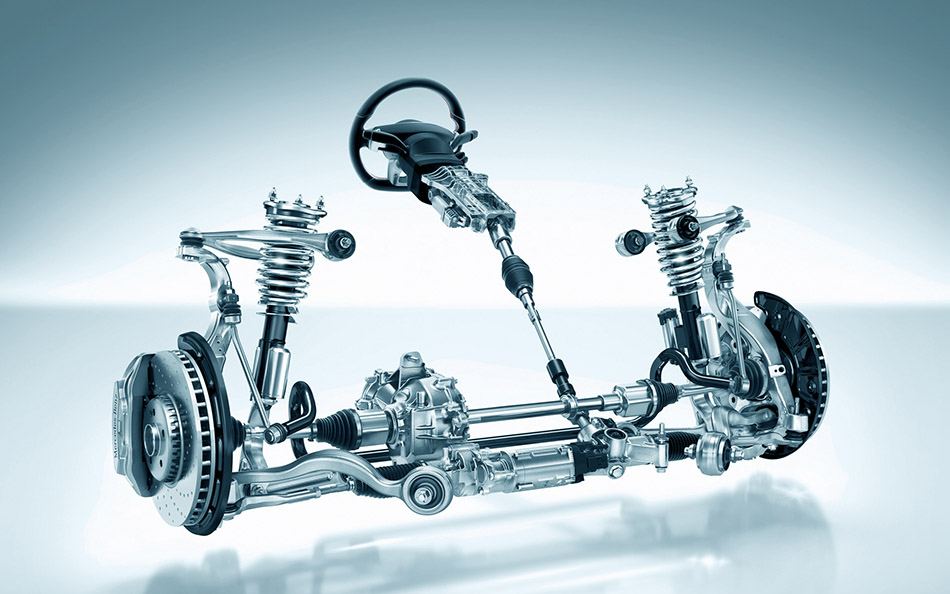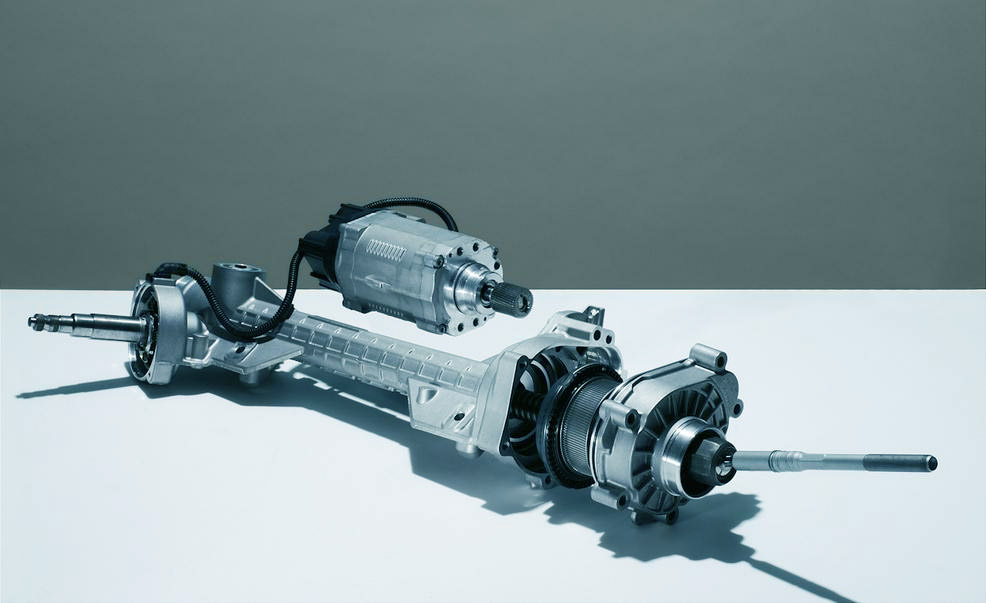Automobile development is a constant process of evolution. Since the introduction of the automobiles, cars have kept changing significantly. Older features are replaced with a newer & better features on regular basis.
Related: Steering Wheel- Design & Evolution
Regardless of whether it’s due to inclusion of safety features or upgrades that are made in mechanical systems, there are always new things that become manifest. As for steering system, the introduction of power assisted steering was considered a blessing as they add controlled energy to the steering mechanism, so the driver can provide less effort to turn the steered wheels when driving at typical speeds. These days, most automobile manufacturers are making cars with EPS (electronic power steering) systems, replacing the HPS (hydraulic power steering) systems.
A steering wheel is the primary component of an automobile used to control the directions of the vehicle. Even though most modern cars come equipped with an EPS, a vast majority of vehicles on the road these days still utilize the HPS systems. Because steering is the driver’s main line of communication with the car, it’s vital to have some knowledge about the type of power steering system your car has.
HPS- Hydraulic Power Steering
In this system, the steering gear’s internal cavity is divided into two chambers by a sealed piston attached to the rack. Applying pressurized hydraulic fluid to one side of the piston while allowing fluid to return from the other side to a reservoir provides steering assistance. A valve attached to the pinion shaft controls the hydraulic-fluid flow.
Related: Hard Steering Wheel- Causes & Solutions
This is more of a mechanical system comprising of belt, hoses & fluid and derives power from the engine.
EPS- Electric Power Steering
To provide steering assistance, an electric motor is mounted to the side of the rack housing which drives a ball-screw mechanism via a toothed rubber belt. The screw engages a spiral cut in the outside of the steering rack. A torque sensor attached to the pinion shaft signals a computer control when to provide assistance.
Related: Automatic vs Manual vs CVT: Different Transmission Types Explained
This is an electronically assisted system that gets powered from vehicle’s alternator/battery.
Fuel Economy Factor
Cars with EPS systems do not come with hydraulic pumps or pistons. However, they come with a more simplified electric motor designed to augment the steering commands made by drivers. This method reduces the amount of weight in the vehicle. Also, the EPS system doesn’t use power from the engine as the hydraulic systems do. Also saving engine power/hp has a positive effect on fuel economy, as it is believed an EPS can save up to 0.5 km per liter compared to HPS. Overall, the electric power steering system is more efficient.
Maintenance Factor
It‘s quite obvious that cars with hydraulic power steering need fluid to operate. Over the period of time there are more things that can go wrong, such as fluid leakage, faulty pumps, broken belts etc. The vehicles with EPS have less maintenance items to be concerned about. In addition to that, it’s easier to calibrate cars with electric systems. Typically, all it needs is a small tweak in the programming.
Road Feedback
In an HPS system, you feel more ‘connected’ to the road. The systems translates the road feedback to the driver as you feel the road imperfections, bumps, potholes etc and more importantly what the tires are going through. In an EPS you won’t get that ‘feel’ of the road.
Cost to Develop
Automakers are aggressively moving to EPS since its fuel efficient and more importantly cheaper to develop and to maintain.
Which system is better?
Which of these systems offers the best handling to drivers is still a topic that’s often debated. Some feel that the hydraulic system provides a better feel for the road and that the EPS system has a tendency to make the driving experience somewhat dull. Others believe it’s better not to get that road feedback and prefer silky smooth steering inputs. Since these opinions are subjective, you should get behind the wheel of an EPS vehicle and try it out for yourself.
| HPS | EPS |
| Gets power from engine | Gets power from alternator/ battery |
| Require maintenance | Require less maintenance |
| Affects fuel consumption | Doesn’t affect fuel consumption |
| Heavier setup | Lighter setup |
| More road feedback | Lesser road feedback |
| Manually adjustable | Digitally adjustable |

A computer animation professional with over 23 years of industry experience having served in leading organizations, TV channels & production facilities in Pakistan. An avid car enthusiast and petrolhead with an affection to deliver quality content to help shape opinions. Formerly written for PakWheels as well as major publications including Dawn. Founder of CarSpiritPK.com




